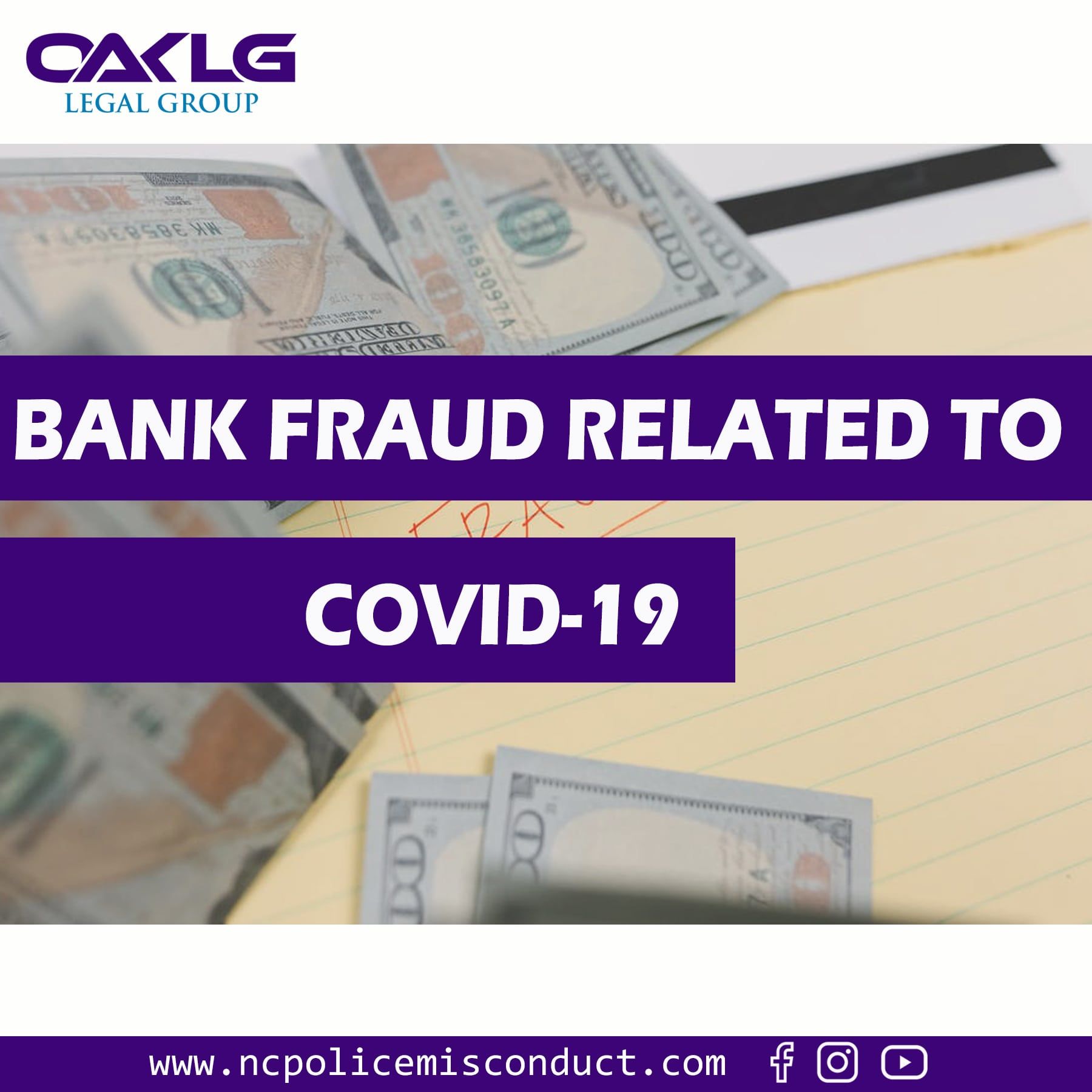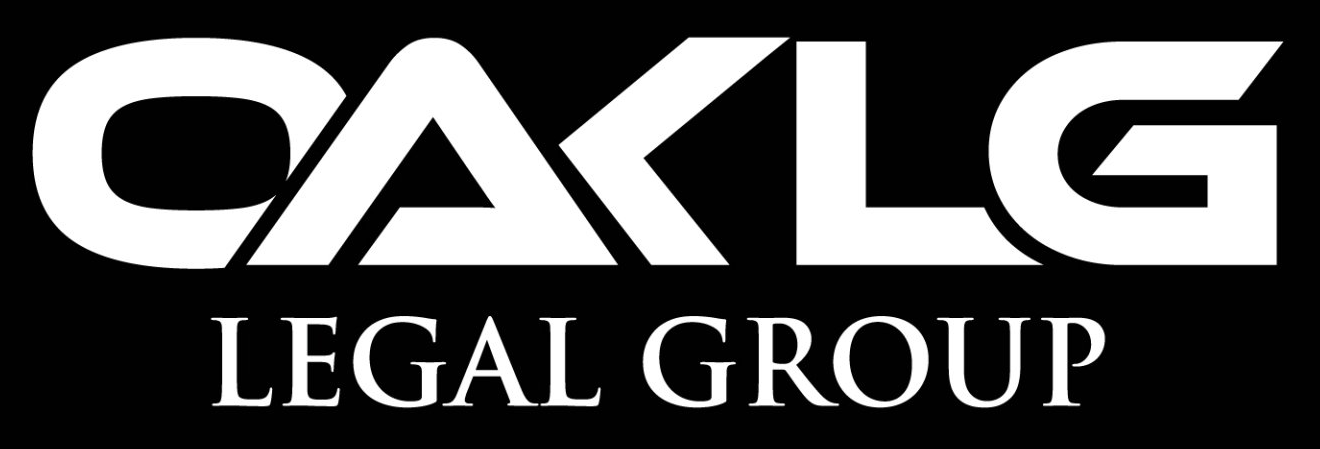BANK FRAUD RELATED TO
COVID-19

Bank Loan Fraud
A person commits bank fraud if they knowingly execute, or attempt to execute, a scheme to defraud a financial institution; or obtain any of the moneys, funds, credits, assets, securities, or other property owned by, or under the custody or control of, a financial institution, utilizing false or fraudulent pretenses, representations or promises. If someone is found guilty of bank fraud, they can be fined up to $1 million. Or potentially imprisoned for up to 30 years, or both.
The documents for the PPP that are being filled by the loanee are generally being submitted to financial institutions such as the banks. If in any way, a person presents documents such as Personal Identification(I.D), Proof of Tax, or any documents that contain false information as a part of their PPP loan application just to pass the qualification or to loan once again, they could be charged with bank loan fraud.
As a sample of false information in regards with the PPP Loan Fraud:
In Tampa Florida, Bridgitte Keim recently pleaded guilty to bank fraud for submitting false and fraudulent loan applications and supporting documents for PPP loans. Her case faces up to 30 years of imprisonment.
Between April and May 2021, Keim executed a scheme to defraud a federally insured institution(bank) and the SBA, according to the plea agreement. Keim also used her family members’ personal information in exchange for free “COVID money”. She filled out application forms and submitted multiple loan applications containing false information to the bank on behalf of her relatives in the names of fictitious businesses. Keim also created email addresses on behalf of her relatives, to impersonate and communicate personally with the bank employees to convince loan officers that they were communicating with the actual prospect burrowers.
The bank approved and funded a $20,833 PPP loan under one of the relatives' names that Keim created, based on the false statements. She then subsequently diverted $7,500 in loan proceeds to her personal bank account.
When Exposed to Covid-19 Related Bank Fraud Allegations
Continued aggressive prosecutions over relatively small loans that could lead to harsh prison sentences demonstrate that individuals and businesses must proceed with caution when navigating potential fraud issues related to COVID-19 aid. Any communications with banks containing inaccurate information, even if just in e-mail correspondence with the bank, could lead to severe criminal charges.
Any individual or business owner concerned about compliance with the CARES Act or potential exposure to COVID-19 related fraud allegations should immediately consult counsel and not wait to be contacted by law enforcement. Those who have already received a subpoena or inquiry from any law enforcement agency should immediately consult with counsel to assess the full potential for civil and for civil and criminal exposure before responding.
If you need any legal services please click here to fill out this form and someone from our firm will contact you within 24 hours.
Nothing in this blog post should be taken as legal advice.
Oakhurst Legal Group Headquarters
Useful Links
2023 & 2024 All rights reserved by Law Firm based in Charlotte, North Carolina. Premier legal services for teams, university, individuals, businesses, entrepreneurs, and more. Experience with local city, state and federal policy in prime service areas of police misconduct, trademarks & immigration law. Our attorneys pride themselves in upholding privacy rate and top notch service to the community. Nothing on this website which contains general information should be taken as legal advice for any reason. No attorney-client relationship is created from viewing this website or completing an intake sheet. Please follow our content on Facebook, Tik Tok, Instragram, twitter, Youtube and other social media sites for more information.
Proud National Certified Minority Owned Law Firm
© 2023 All Rights Reserved. Created by Olive + Ash. Managed by Olive Street Design.




